Tag: ethereum
-
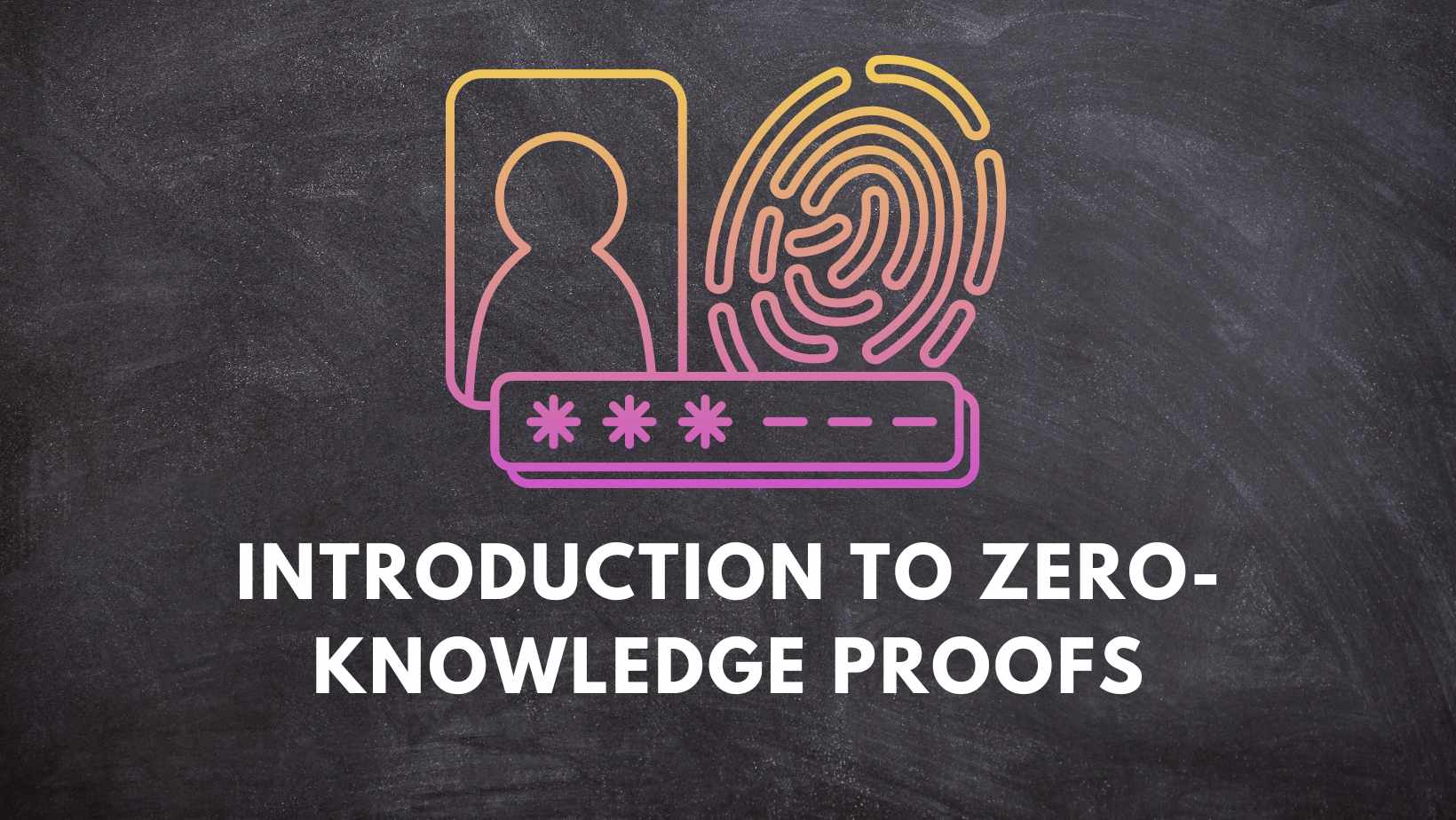
ZKPs: The Ultimate Shield for Your Privacy in Web3 – A beginner’s introduction to the Future of Privacy-Preserving Technology
Introduction to Zero-Knowledge Proofs (ZKPs) Are you tired of sharing your personal information online and exposing yourself to potential data breaches and identity theft? Well, there’s a solution for that – zero-knowledge proofs (ZKPs). According to Vitalik Buterin, the co-founder of Ethereum, ZKPs are “one of the most promising technologies in the blockchain space.” They…
-
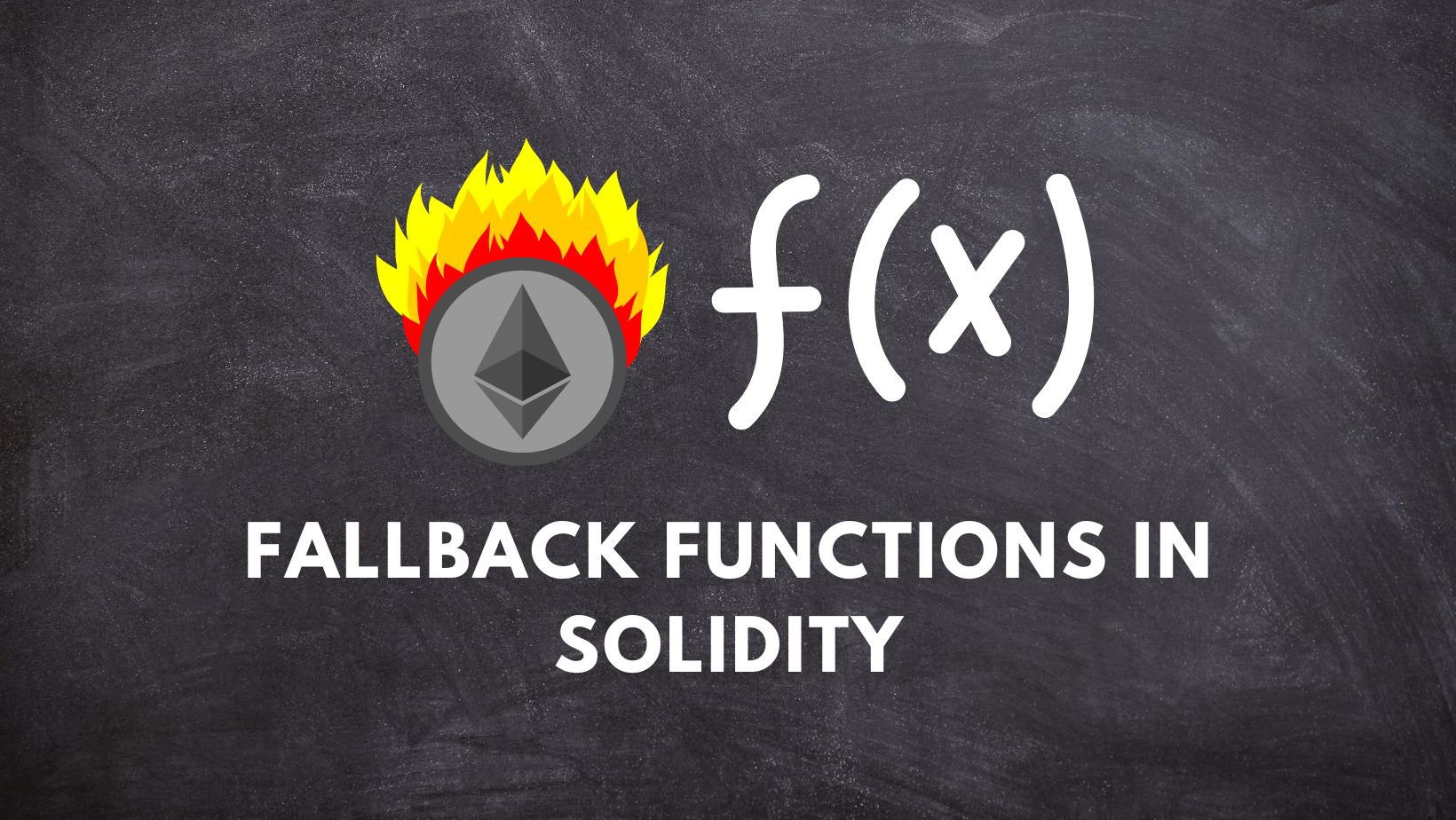
Everything you need to know about Solidity fallback functions
Introduction Smart contract functions are the building blocks of smart contracts, which are blockchain-based autonomous programmes. A smart contract function might be configured to operate when a given quantity of currency is received or when a specific contract condition is satisfied. Smart contract functionalities must typically be “externally” triggered. In other words, solidity and evm…
-
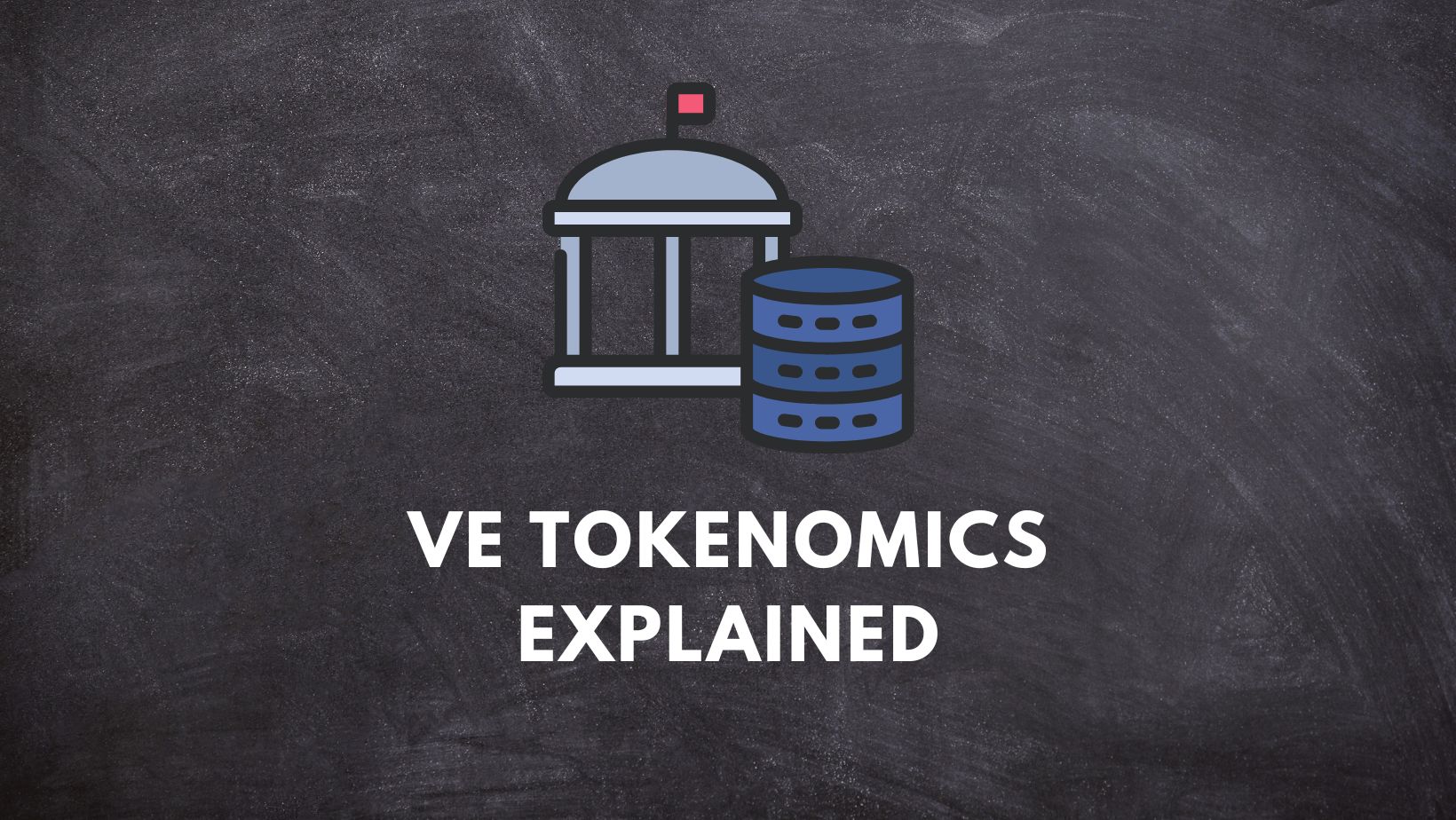
Overview of ve-Tokenomics model
Curve.fi is the prominent example of a protocol that has seen sustained success, prompting others to adopt a tokenomics model based on vote escrowed tokens. By tying CRV to veCRV, Curve was the first to implement these mechanisms, giving token holders access to three essential functions: The following diagram illustrates how this model can be…
-
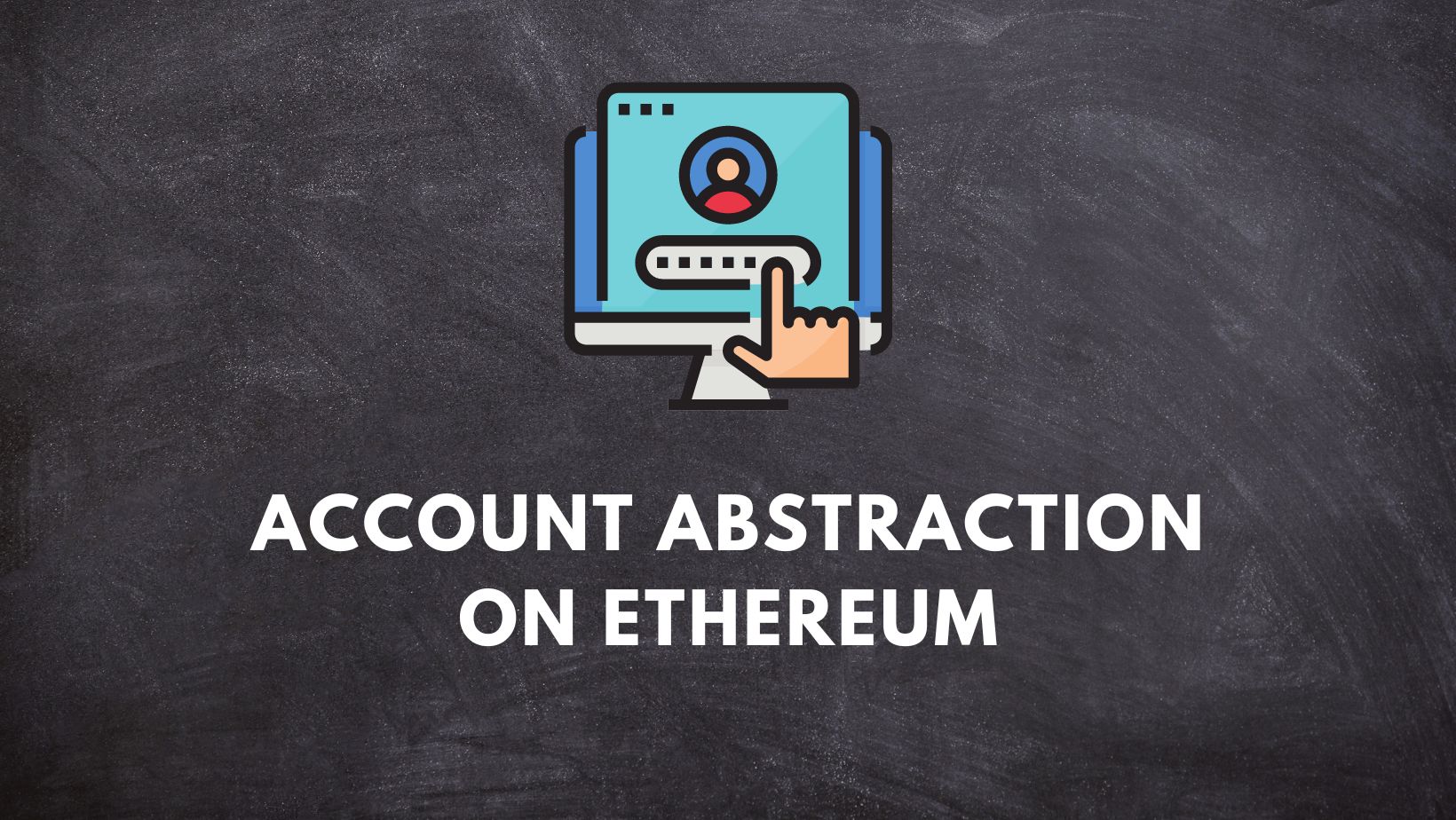
Account abstraction on Ethereum: An introduction
Why do we need account abstraction on Ethereum? Even if the future of Ethereum and crypto looks great, there is still a real worry about mass adoption. Even though crypto fans may not need help setting up and keeping their self-custodial Ethereum wallets secure, the user experience for new users could be better. This is…
-
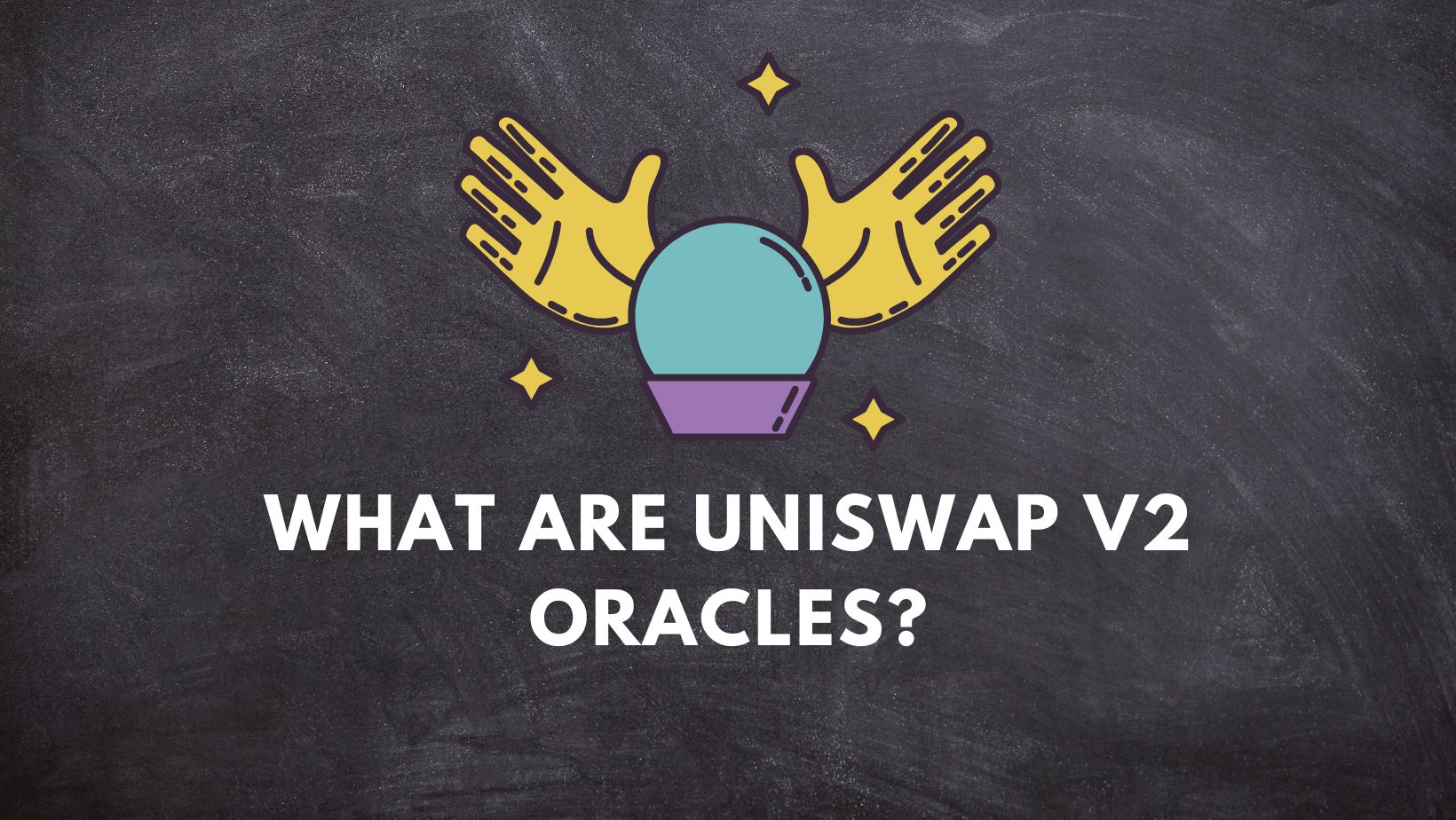
What are Uniswap V2 oracles?
What are Oracles? In EVM world, you can interact with other deployed smart contracts fairly easily. However, what if you need access to the data which doesn’t exist on chain? Example: Applications with real-life utilities often depend upon things like live data feeds of real word events like sports, commodity prices etc. That is where…
-
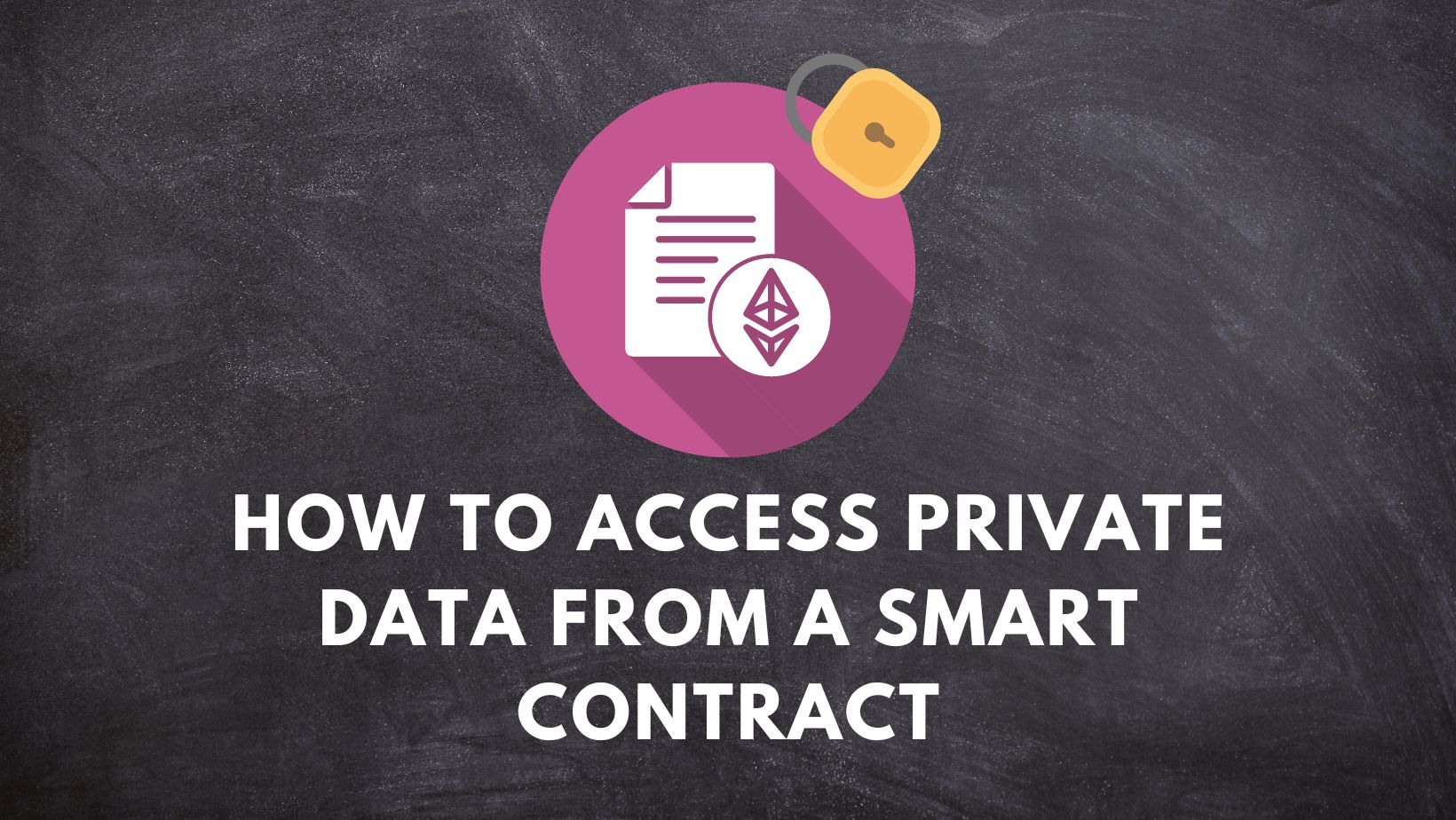
How to access private data from a smart contract
One of the biggest advantages of blockchains or at least public blockchains is that they are “public”. Nothing can be hidden and all the transactions are publicly visible. If you are a smart contract developer, you must have heard about the access modifier and particularly the “private” access modifier. Access Modifiers in Solidity We know…
